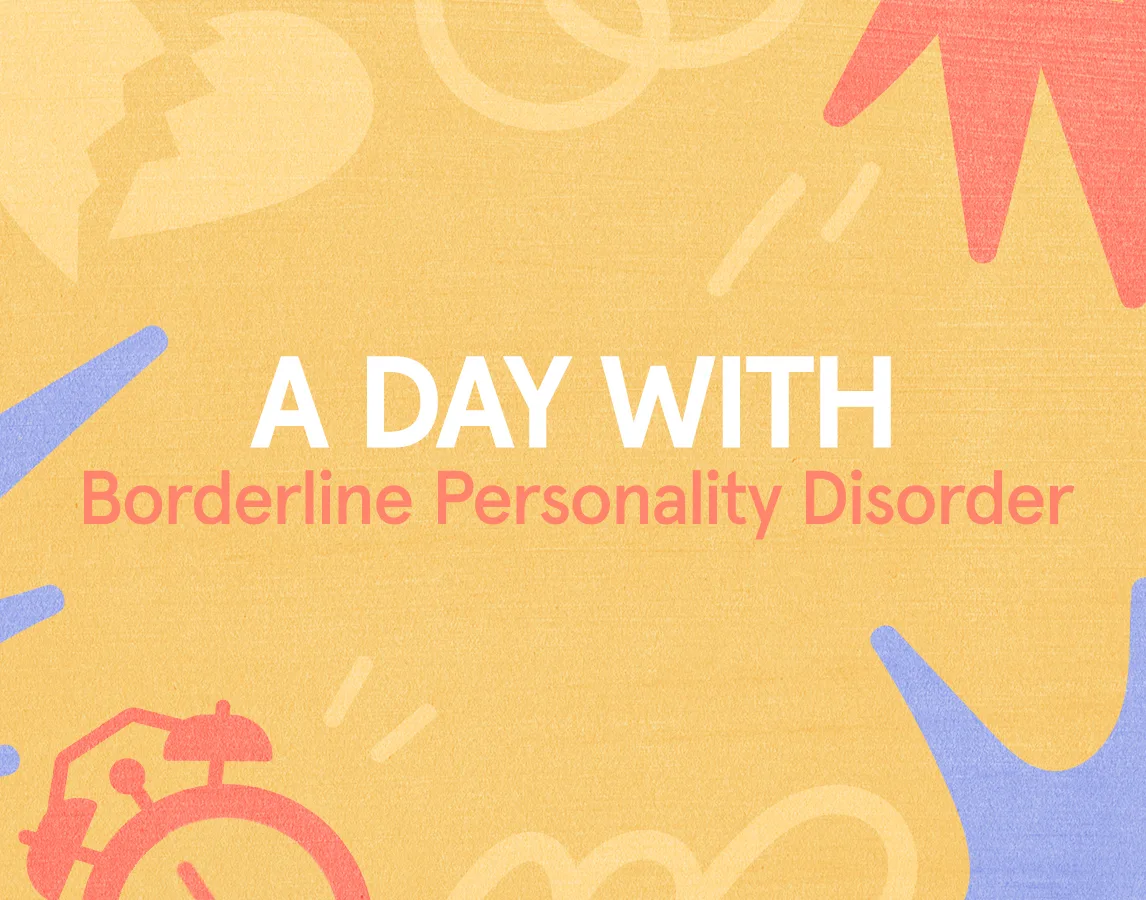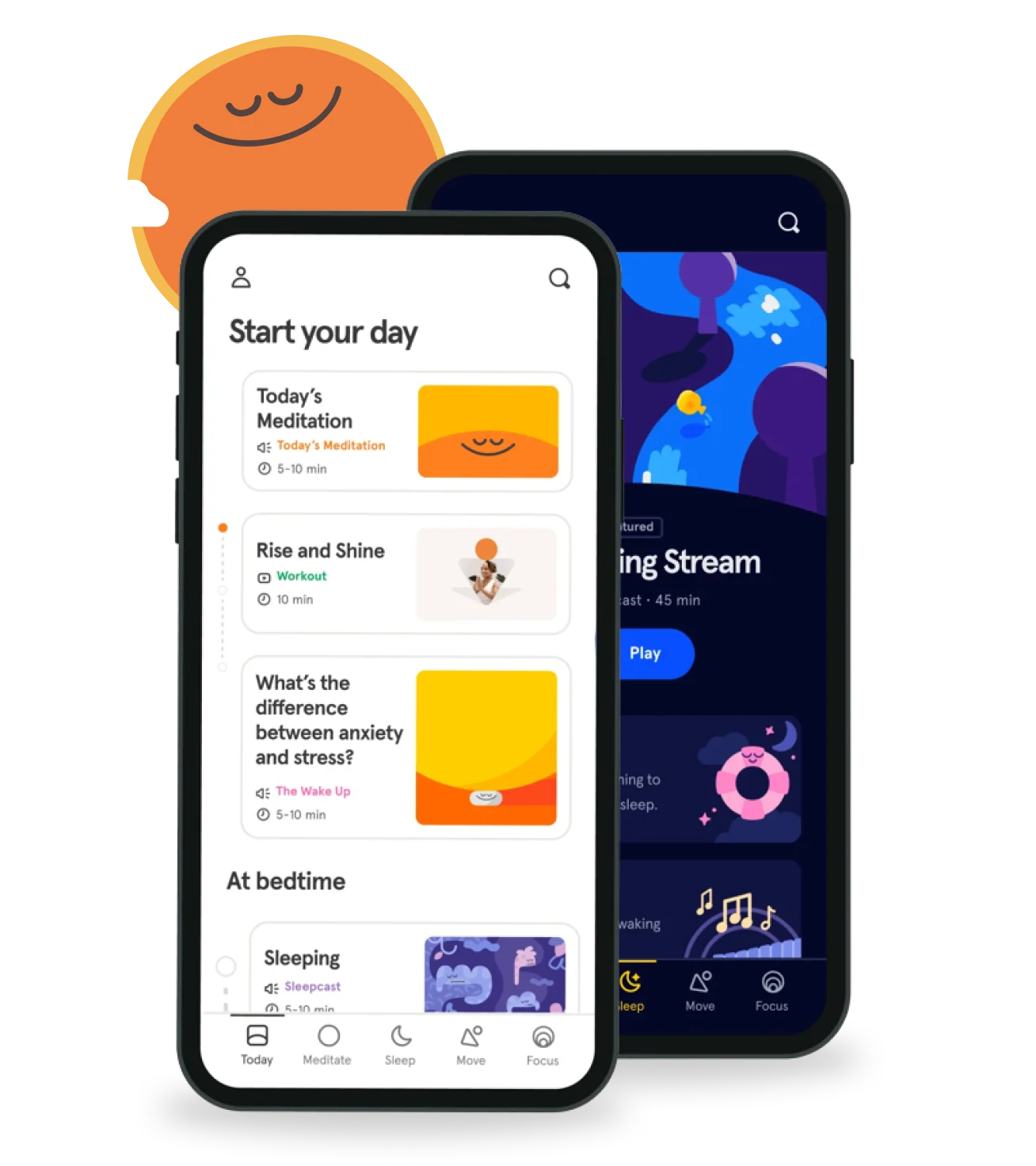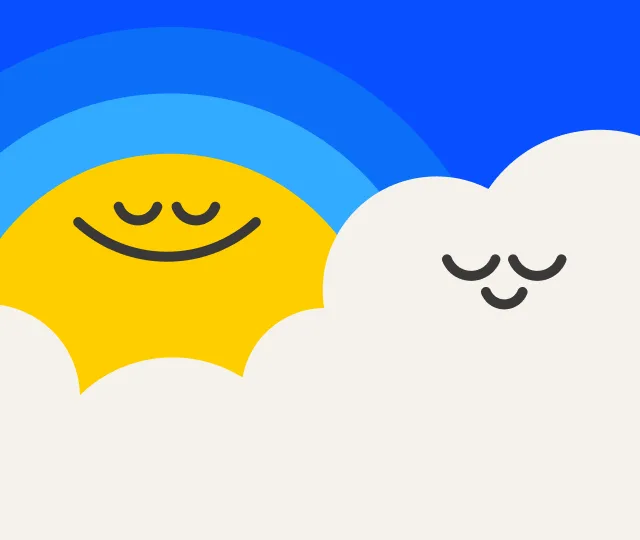A Day With: Borderline Personality Disorder
Kale R.
[Editor’s Note: This piece is part of an ongoing series of personal essays on what it’s like to live with a mental health diagnosis. Each piece describes a singular and unique experience. These essays are not meant to be representative of every diagnosis, but to give us a peek into one person's mind so we may be more empathetic to all.]
After a decade of mood swings, suicidal tendencies, depression, and anxiety, I finally received an accurate diagnosis for the symptoms that have been plaguing me since late childhood: borderline personality disorder (BPD).
I wake up 45 minutes before my alarm—a regular occurrence. My brain rarely allows me to experience the full extent of available sleep hours. Waking up groggy, contributes to my daily morning anxiety. Sleep is everything to me. Without it, I lose “Frogger”. My frog becomes roadkill in the game of life. I mentally run through the day’s schedule. I’ll fly home from my grandma’s house this afternoon, and before I head to the airport I must pack, eat breakfast, and strip the sheets from my grandma’s guest bedroom. All in all, this will take about an hour, but after running through every possible adverse scenario (including the possibility of forgetting my menstrual cup on the bathtub shelf and the inevitable embarrassment of my grandma discovering it and wondering if it’s a kinky shot glass), I decide I’ll need three hours. I turn my head to the right and gaze at my dozing partner. My heart fills with joy. His hair is ruffled, dancing over his face as he snores. I love him more than anything. I would be lost without him, I think. (I should tell him this more often.) The love is so strong, I’m floating on a cloud of happiness. He continues to snore. And suddenly, with every second that ticks by that he remains sleeping, I start to hate him a little bit. Why does he sleep so easily and get to start each day well-rested, when I feel lucky to get six hours? Is he doing this on purpose? Surely he doesn’t love me as much as he claims. If he loved me, he would wake up. My heart races, and I feel the anger clenching in my chest. If I’m suffering, so should he. Before I decide whether to turn on the keyboard noises on my phone or pinch his nose, he wakes up all on his own and kisses me on the forehead. I’m bathed in warmth from his affection. I love him again. We’re meant to be! The negative thoughts evaporate.
I stand in front of a steamy bathroom mirror, naked, counting everything I hate about my body. My acne. My belly pooch. The ghost of my triceps that now look more like chicken wings. I tally a mental list of each body part requiring improvement and decide that today will be a loose clothing day. Then, I see it. The thigh gap that had disappeared for so long I was afraid to check on its progress is now a few inches wider, wide enough for me to place a handful of pencils in its place. (Yes!) This is enough for me to ignore my belly pooch and acne and get dressed in slim-fit clothing, which, consequently, makes me look skinnier. I am a star. I have done it! I have crossed today’s body threshold into “thin” territory. Today will be a good day. On the plane, my partner and I play 20 questions. I’m good at this game. It’s why I picked it. I’m extremely competitive to the point where I’ll only pick games I know I can win. He’s selected something so obscure, though, that I’m at question 15 and nowhere closer to guessing the answer. Now I’m angry. It’s a noun, something to do with wildlife, but that could be anything. I blurt out, is it a gun? He looks away. My eyes widen in shock. I just loudly said “gun”. On an airplane. I feel like I might vomit. I quickly run through three more questions in case anyone sitting near us is listening, so they understand, we are playing a game. A game I have just lost. Naturally, I list each mistake my partner has made in the execution of this game. It is his fault I did not win, and it’s important he understands this. He calmly obliges, but the mood is ruined. We turn away from each other and pull out our books from the seat pocket in front of us. We spend a few minutes in silence, him reading, me pretending to read while actually playing back the last 15 minutes in my head at rapid fire speed. The whole thing was my fault. I nearly grounded a plane because of my incessant need to win. I crave action, emotion, and momentous events on such a constant basis that I never know the source guiding my behavior. I sink into my seat, prepared to spend the next hour wallowing in self-loathing. It takes complete thoughtlessness to say the word “gun” on a plane. How could I be so ignorant? I punish myself in self-talk, over and over, until I’m interrupted by the flight attendant who laughed at me earlier for an apparently largely-sized carry-on bag. I hate the flight attendant. I hate everyone. But mostly, I hate myself.
Through a carefully-constructed questionnaire and a list of symptoms I typed in a note on my phone, my psychologist determined I was a textbook case. Of the myriad symptoms present in people with BPD, I have every single one. An unstable self-image, idealization and devaluation of close relationships, and fear of abandonment are hallmarks of BPD. I also experience difficulties with emotional regulation, anxiety and depression, problems with impulse control, and chronic feelings of emptiness. While causes of BPD aren’t fully understood, researchers have found brain abnormalities in the hippocampus, amygdala, and orbitofrontal cortex. Paired with a genetic predisposition, environmental stressors such as childhood trauma are common. Life with BPD feels a bit like “Frogger”. I have to cross the road to get through my day, but countless hazards will be thrown in my path. Some will hit me and bring me to the ground; others will sneak by and lie in wait for the next opportunity to test my coping skills. But my hazards aren’t trucks and crocodiles, they’re my emotions. Every moment of every day is a test. Regardless of whether an issue is small (missing the bus) or massive (getting fired), my brain treats each instance the same. How I react to stressors depends on how well I’m keeping up with my treatment, how well I’ve slept, and whether a given stressor triggers feelings of abandonment.
My anxiety subsides, but only once I’ve rolled my suitcase through the front door and locked it securely behind me. I’m home. I’m safe. This makes me giddy with joy, and I run around the house putting bits of clutter in place before jumping on the bed. A laugh I’ve never heard before escapes from my lungs. Tegan and Sara were right, everything is awesome. I’m warm again, floating above the ground and settling into my happiness like a weary person into the bum groove of a well-worn recliner. This happiness won’t last, I know that. But I’ll take it while it’s here. I turn the music on and dance. My Frogger crossed the road, and the hazards are a distant memory. I rest my head on my pillow and drift into the dreamy state before slipping into sleep, knowing that tomorrow, it starts all over again.



Be kind to your mind
- Access the full library of 500+ meditations on everything from stress, to resilience, to compassion
- Put your mind to bed with sleep sounds, music, and wind-down exercises
- Make mindfulness a part of your daily routine with tension-releasing workouts, relaxing yoga, Focus music playlists, and more
Annual - billed at $69.99 USD/yr
14 days free
$5.83 USD/month
Monthly
7 days free
$12.99 USD/month

Meditation and mindfulness for any mind, any mood, any goal
- © 2024 Headspace Inc.
- Terms & conditions
- Privacy policy
- Consumer Health Data
- Your privacy choices
- CA Privacy Notice








